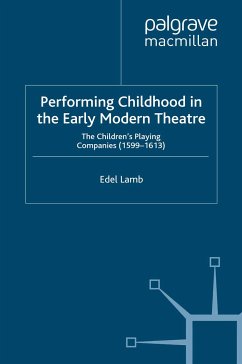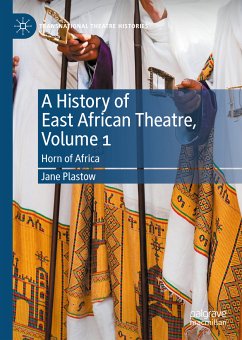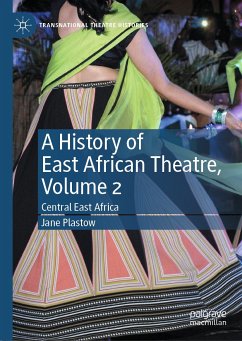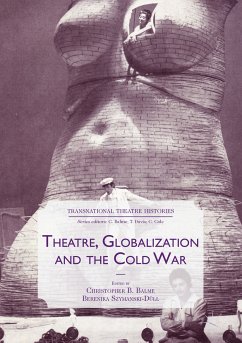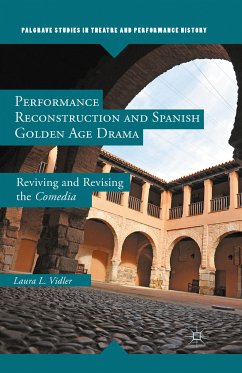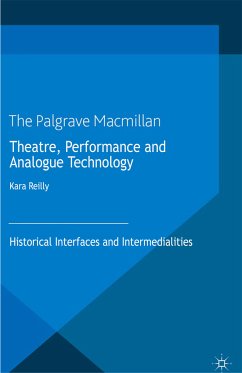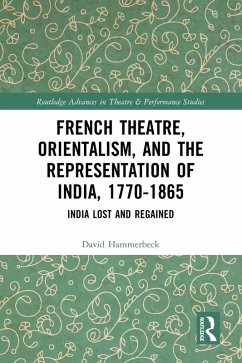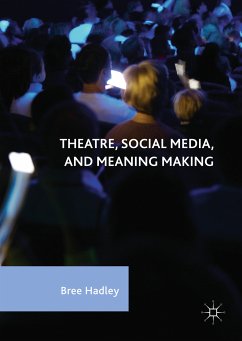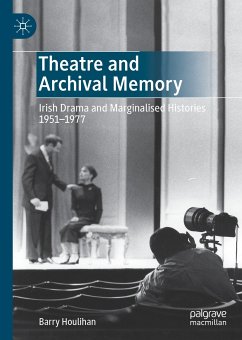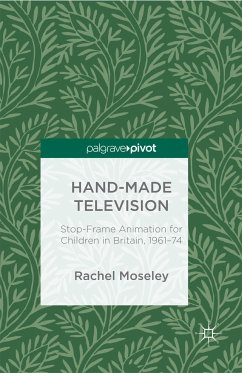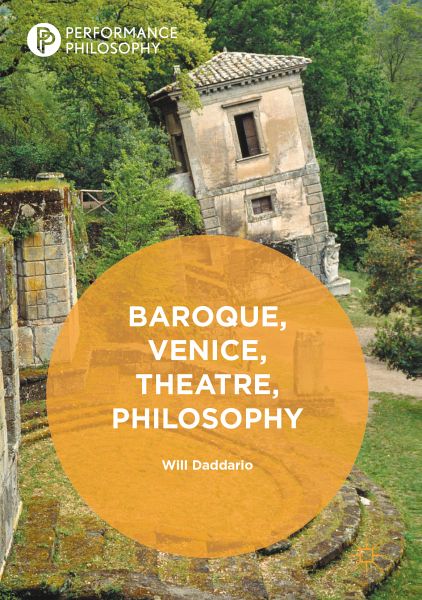
Baroque, Venice, Theatre, Philosophy (eBook, PDF)
Versandkostenfrei!
Sofort per Download lieferbar
72,95 €
inkl. MwSt.
Weitere Ausgaben:

PAYBACK Punkte
36 °P sammeln!
Provides a simultaneously detailed and accessible analysis of Baroque aesthetics
Takes a multidisciplinary approach to this under-explored subject, opening up the topic's analysis and interpretation to a wider audience
Investigates the intersection of contemporary and medieval philosophy in its exploration of Italian Baroque culture
Dieser Download kann aus rechtlichen Gründen nur mit Rechnungsadresse in A, B, BG, CY, CZ, D, DK, EW, E, FIN, F, GR, HR, H, IRL, I, LT, L, LR, M, NL, PL, P, R, S, SLO, SK ausgeliefert werden.



